Rural Round-up: Ewen Mc Phee's masterclass on social media & medicine
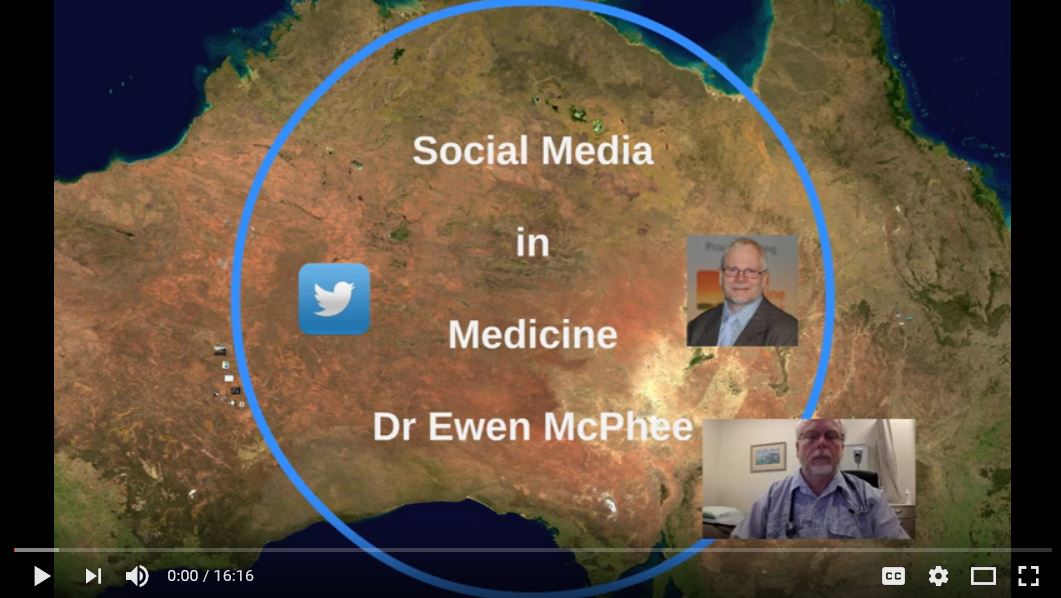 This month's rural round up is a presentation given in April by Ewen Mc Phee "Masterclass on Social Media and Medicine" (Luxembourg).
This month's rural round up is a presentation given in April by Ewen Mc Phee "Masterclass on Social Media and Medicine" (Luxembourg).
You can read the transcript below or alternatively click on the image above and watch it on YouTube.
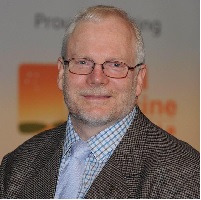
Hi my name is Ewen McPhee
Before I start I wish to pay my respects to you all and recognize Raquel and Harris for their kind invitation to be with you today.
I am a rural doctor in Central Queensland Australia. I am a family medicine practitioner and a GP Obstetrician. I have lived in my town for the last 27 years. My town of Emerald has a population of about 16,000 people. It is a center for Coal Mining as well as Cattle and Agricultural Industries.
I work in a busy training practice where registrars in family medicine study towards fellowship of the Australian College of Rural and Remote Medicine or the Royal Australian College of General Practitioners.
Family Medicine is very strong in Australia with over 30,000 clinicians in primary care. Most rural GP’s have special skills in addition to primary care including skin cancer medicine, mental health, palliative care, and procedural specialties like obstetrics. GP’s are the gatekeepers for referral to Hospital and to Specialists, they look after patients from cradle to grave.
Australia is a big country. It takes over 6 hours to fly from one end to the other and cross three time zones from Cairns to Perth (one of the most isolated cities in the world). There are over 6 million Australians living in rural and remote areas. These A
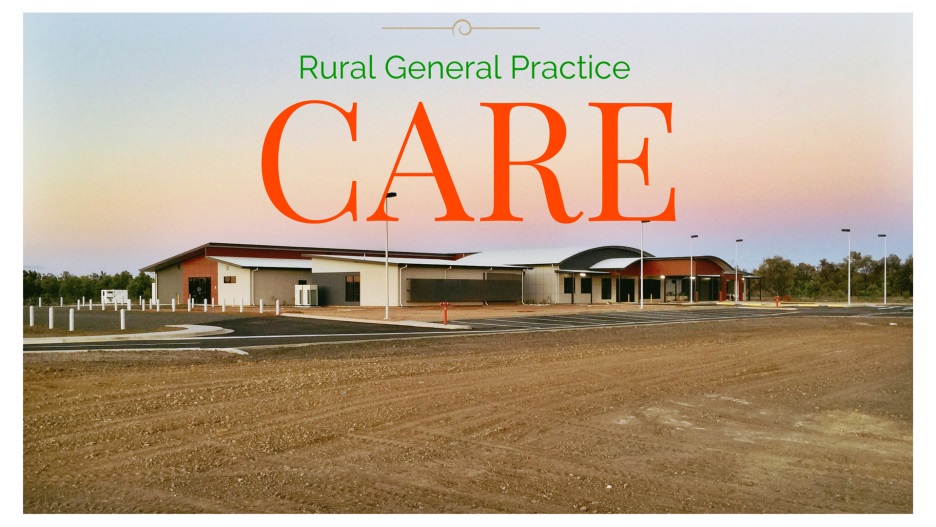
ustralians have poorer health outcomes than their city cousins.
You can understand then that isolation is a significant part of the existence of rural Australians and even more so the Health professionals that deliver care to them. This is where my interest in Social Media has grown from.
Most Australians have access to social media even where access to the internet is poor, through the use of wireless and satellite technologies. Social media has been a rapidly growing medium for connecting clinicians, sharing their experiences and medical knowledge.
In my presentation today I will talk about one mode of social media that I use, the benefits that I see from engaging in this space and the utility of same in medical education and medical politics.
Like many older people I discovered Social Media through the activities of younger people in my case Medical Students. In 2010 I was appointed as President of Rural Doctors in Queensland and started to use Twitter.
Twitter has been the main platform for my engagement with Social Media since that time. My experience of Social Media has been a rich one, and one of significant personal growth.
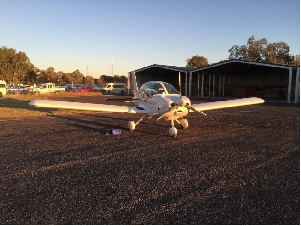
I have to say though at this point that you should take some time to think about your handle. I’m @Fly_texan, why? Because the Texan was the aeroplane I learned to fly in.
The power of Twitter is the ability to rapidly update yourself on the news across the world, to touch friends and followers and to disseminate updates about things your interested in.
Twitter is a powerful medium for connecting with people. I have friends who live and work in isolated and difficult circumstance, and having a means of reaching out at times of difficulty or distress cannot be underestimated.
Have you ever had a bad day and wanted to share your concerns? In Australia the nearest clinician could be a thousand kilometers away. I recall one young doctor who had a difficult couple of obstetric cases, she had been criticized by a specialist in the city, that she needed to debrief. With a comment on twitter she was able to contact and confide in three senior rural doctors. She still relates this story and how it made her feel safer and more secure knowing that help and support was just a few clicks away.
Twitter is a way for educating yourself and for sharing the message across the world. I first met Harris and Raquel through a Tweet chat #HCSMANZ, a regular online conversation that has seen us partner on two occasions now internationally.
http://www.hcsmanz.com.au/
I use Twitter to tweet short summaries and links to references when I attend conferences, as a way to make “notes” and to also share the conversation more broadly. This last week I attended #Ottawa2016 an international conference for the education of medical humanities. I was able to join over 500 other Twits in sharing the messages from that conference to over 4 million accounts.
Twitter can also be stored and recalled for future reference. An America innovation called the Healthcare Hashtags project is something I would encourage you to explore. By Registering a Hashtag, you can advertise your conference, keep of a record of the participant’s conversation and retrieve useful analytics about the breadth of interaction that occurred.
http://www.symplur.com/healthcare-hashtags/
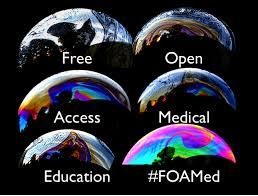
There is a new conversation called #FOAMed or free open access medical education. Twitter has become a media for asking a clinical question and rapidly receiving an answer from experts in the field. Twitter is a means of sharing your research, sharing discoveries or useful facts with your followers, be they colleagues or students.
http://lifeinthefastlane.com/foam/
The Rural Doctor Movement in Europe, Africa, the Americas and the Pacific strongly relies on social media to connect and share important rural health messages to isolated clinicians everywhere. Through twitter I am aware of the work of many young doctors across the world. I follow the Vasco da Gama and Euripa movements actively on social media and I must shout out to people like Ulrik Kirk, Kyle Hoedebecke (of Wonca Polaris North America) and others for their work on #SOMEambasadors and @FMchangemakers
https://twitter.com/FMChangemakers and
https://sites.google.com/site/someambassadors/
I must applaud the work of a young Brazilian Medical Student
Ms Mayara Floss who has been one of the main instigators and a driving force behind the Rural Medicine Café Project, a collaboration of young health professionals around the world who use social media to connect for regular Google Hangout sessions, with Twitter and Facebook interactions to share and discuss important World Health priorities
Twitter as a tool for change cannot be underestimated. In Australia at least many Journalists and media outlets follow opinion leaders. Politicians staff actively monitor the ebb and flow of information. As the President of a Rural Advocacy Group this is a powerful way of sharing your message, links to interviews Press releases and the like.
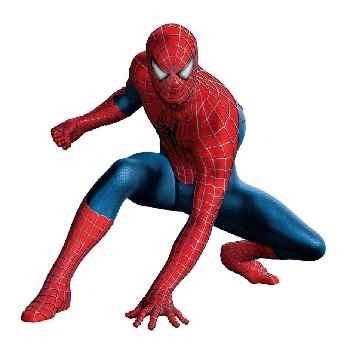
However, to quote Uncle Ben from Spider-man, “With Great Power comes Great responsibility”. Nowhere is discretion and Judgement more called for than in Social Media. As a professional you must conduct yourself as you would with your patients, be polite, be diligent and be respectful.
A good rule of thumb to follow is to ask yourself whether you would be happy to say something on Social media that you wouldn’t say in a crowded elevator, or on the front page of the local newspaper.
Follow those people whom you value and like, not just Justin Bieber or Madonna. Interact and share as you would with your friends in real life and you will receive great rewards.
So in conclusion I hope you have enjoyed my brief snapshot of one aspect of Social Media, the use and utility of Twitter in connecting, sharing, educating and advocating. Twitter is just one aspect of a universe of rich opportunities for meaningful relationships across the world. The best experiences come from caring and sharing just as you do now. See you online soon…